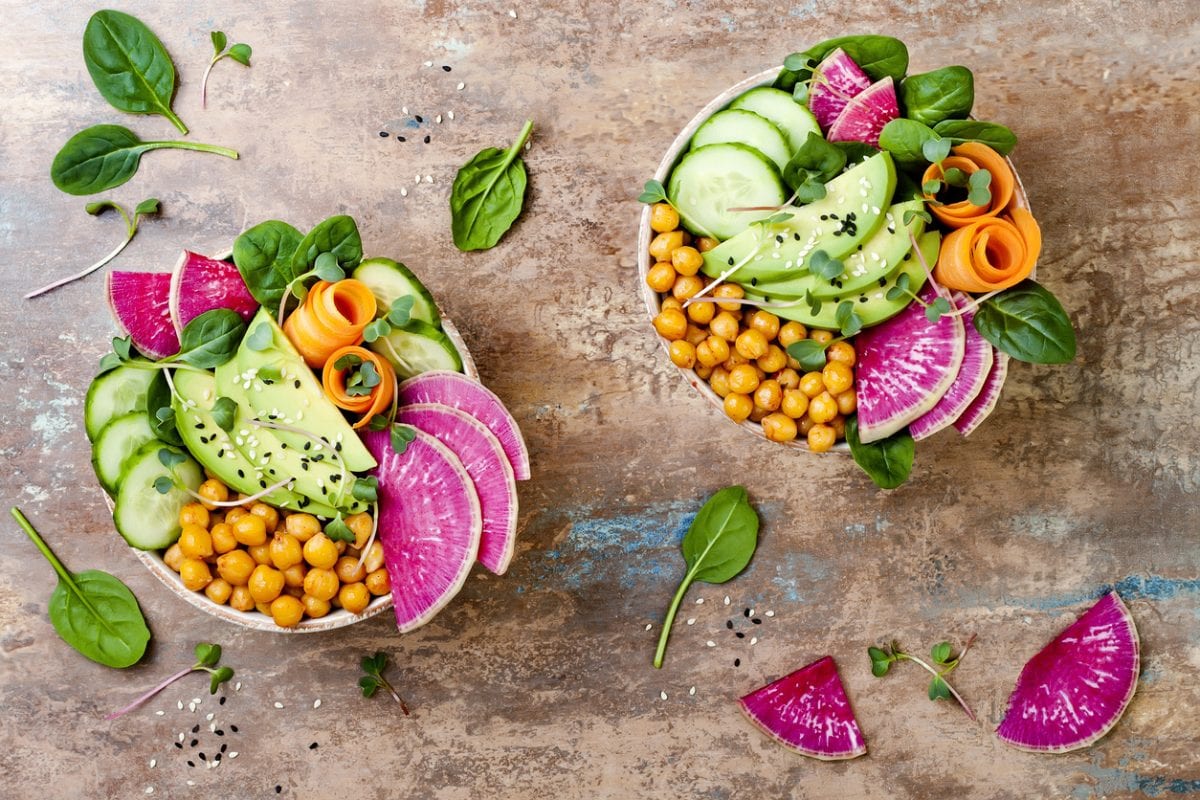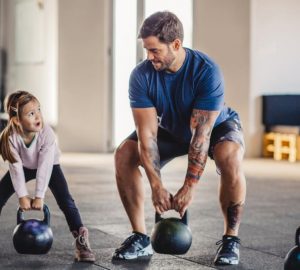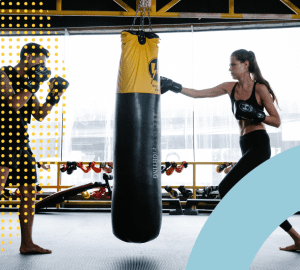As an expert in sports nutrition and athletic performance, I have seen firsthand the critical role that proper nutrition plays in preparing for and excelling in major athletic events. In the realm of competitive sports, the significance of fueling the body with the right nutrients cannot be overstated. Whether you’re training for a marathon, preparing for an intense triathlon, or aiming for peak performance in any other major athletic endeavor, understanding the profound impact of good nutrition on your training regimen is paramount.
In this comprehensive guide, we will explore the multifaceted benefits of maintaining a well-balanced diet while training for significant athletic competitions. From enhancing physical endurance and optimizing muscle recovery to fortifying the immune system and supporting mental focus, the advantages of prioritizing good nutrition extend far beyond mere physical performance. By delving into the intricate relationship between dietary choices and athletic achievement, we will uncover the science-backed insights and practical tips that can elevate your training journey and propel you towards your athletic goals.
Join me as we delve into the world of sports nutrition, unravel the complexities of nutrient timing and composition, and discover the transformative impact that conscientious dietary habits can have on your athletic prowess. Through a holistic approach to nutrition, you can unlock your body’s full potential and pave the way for an extraordinary performance in your upcoming athletic endeavors.
Whether you’re a couch potato or an Olympic athlete, good nutrition is always important. But it’s especially important for the latter. When you’re training for a major athletic event, your body should function at peak performance. Nutrition is the only way to fuel your body for success.
Nutrition can boost energy and performance
Without carbohydrates, protein and healthy fats, you wouldn’t have any energy at all. These are the fuels that keep your body going. Think of them as gasoline or oil for your vehicle. If you don’t have any stored, your car is in dire condition. If you only have a little, you’ll feel the sluggishness in your car’s performance. And when your levels are good, your vehicle will perform at its best. The same is true for nutrition.
Carbohydrates help your body regulate blood sugar and glycogen levels in your muscles. This helps prevent muscle fatigue.
Healthy fats deliver essential fatty acids that your body uses for energy, especially in high-endurance sports. Fat provides up to 75 percent of the energy athletes need to perform long-term aerobic exercises.
The body uses protein for energy and to help build new tissue. If you’re engaging in any form of resistance training, you’ll need more protein than the average person to help build and repair muscle.
Good Nutrition Helps Control Weight
Weight is important for many major athletic events. Excess weight can slow you down on a distance run or fatigue you sooner on any sort of endurance task. If you want to keep your weight from escalating, fill up on high-fiber veggies, fruits, grains and legumes. The goal is to get enough calories with as many essential nutrients you can. Add lean proteins and low-fat dairy to help meet your protein and fat requirements. If you’re worried at all about which choices are good or if you’re gaining weight despite your best efforts, consult a registered dietician to help you plan your meals before the big event.
Nutrition helps with mental focus
Long before your athletic event, you’ll need to start intense training. And to get through training, you’ll need to remain focused with a clear mind. Proper nutrition can help you do this. You may still have days where you feel sluggish or unmotivated. This is normal and you can power through them. But with proper nutrition, you’ll keep your mind clear and focused on the majority of your workouts.
To improve mental clarity and focus, try adding more vitamin-b-rich foods to your diet. These include eggs, dairy, soy and leafy green vegetables.
Blueberries have also been shown to increase concentration and memory for up to five hours. The antioxidants contained in blueberries are believed to stimulate the flow of blood and oxygen to keep the mind fresh. To boost concentration and function at your best, also include a variety of antioxidant-rich fruits and vegetables, avocados, olive oil, whole grains and fish.
Hydration is crucial to your performance
When you think about hydration, the car gasoline analogy is quite relevant. But during an intense workout, it’s kind of like when you’re traveling up a steep hill with the windows open. You’re running through a lot of gas! If you start your journey with a quarter of a tank, you’ll run through that quickly and get stuck. The same holds true for your workout. When you begin, make sure you’re fully hydrated and hydrate whenever possible throughout the workout.
Water provides lubrication to your musculoskeletal system, and it helps transport nutrients throughout your body. Water is always a good choice, but if you’re engaging in intense exercise, you may benefit from the added electrolytes in a sports drink.
When to start eating right for a major athletic event
The best time to start eating right for a major athletic event is now. To be honest, there’s no bad time to start. Ideally, you’ll want to start focusing on your diet and getting more of the right nutrients about three months before you begin training. This will help ensure that your body is in prime shape to get the most out of every workout. But if you don’t have three months, don’t worry. You can benefit from eating right as you begin training. Just be sure not to slip up too much. This is go-time, and you need your body to perform.
When you’re training for something significant like a marathon or an Iron Man event, your body goes through intense changes. Your muscles are continually tearing and regenerating, and your body uses water and nutrients at an accelerated rate. It’s more important than ever to make sure your body doesn’t go without water, nutrients and nutritional building blocks. If you don’t, you will notice a change in your body during workouts. Without proper nutrition, you’ll feel sluggish and struggle to meet your fitness goals. If you need help with diet planning, consult a registered dietician who specializes in athletic performance.








